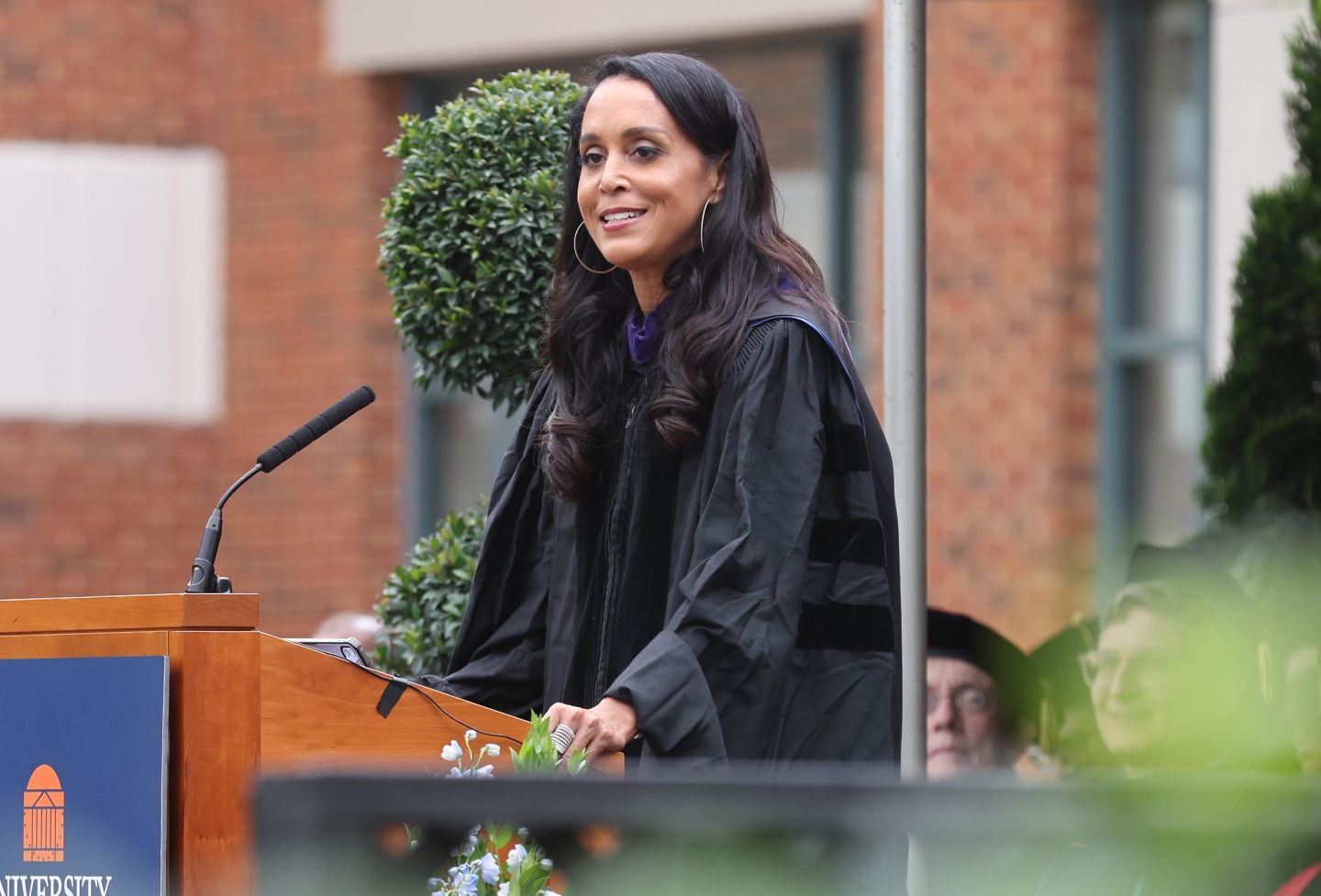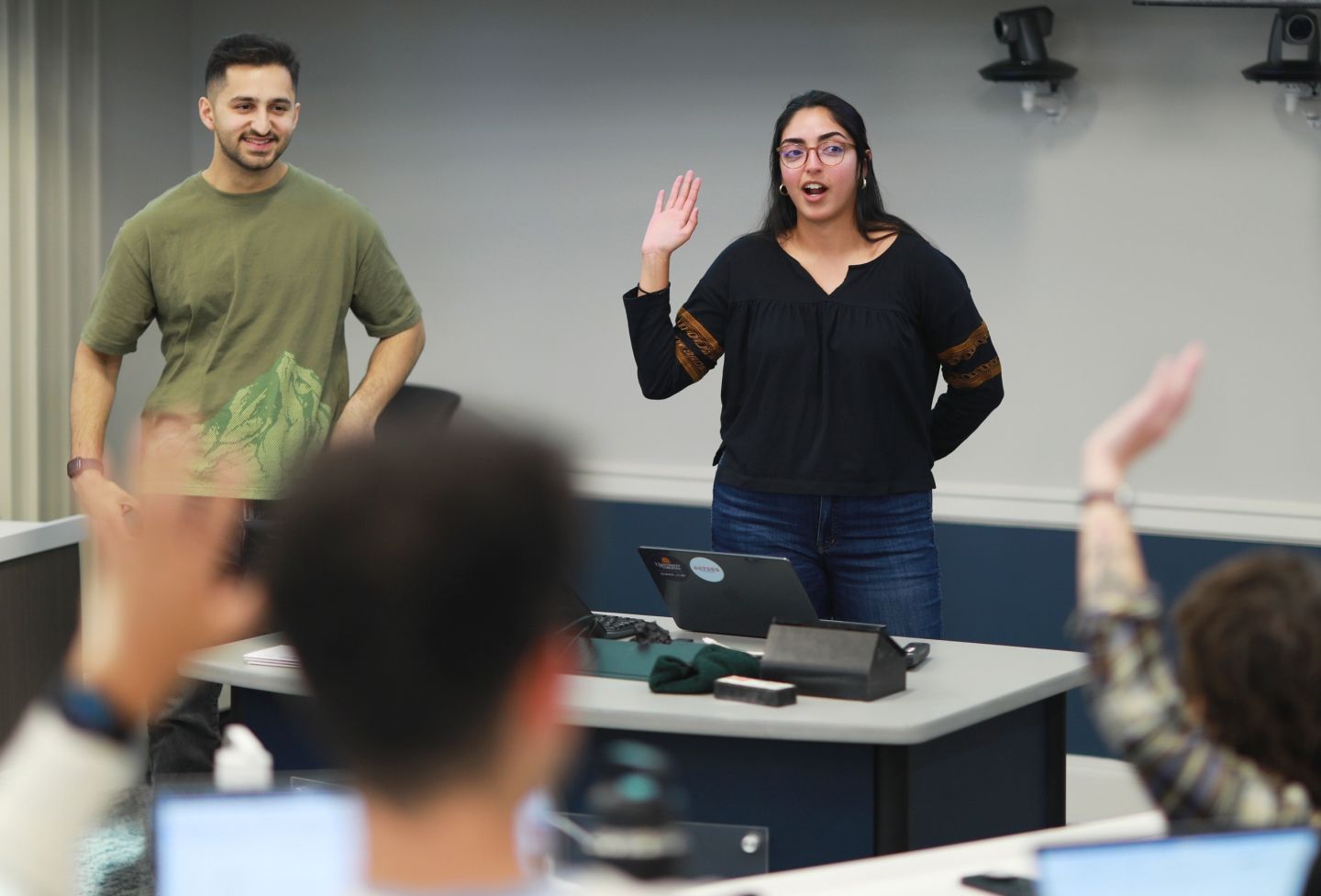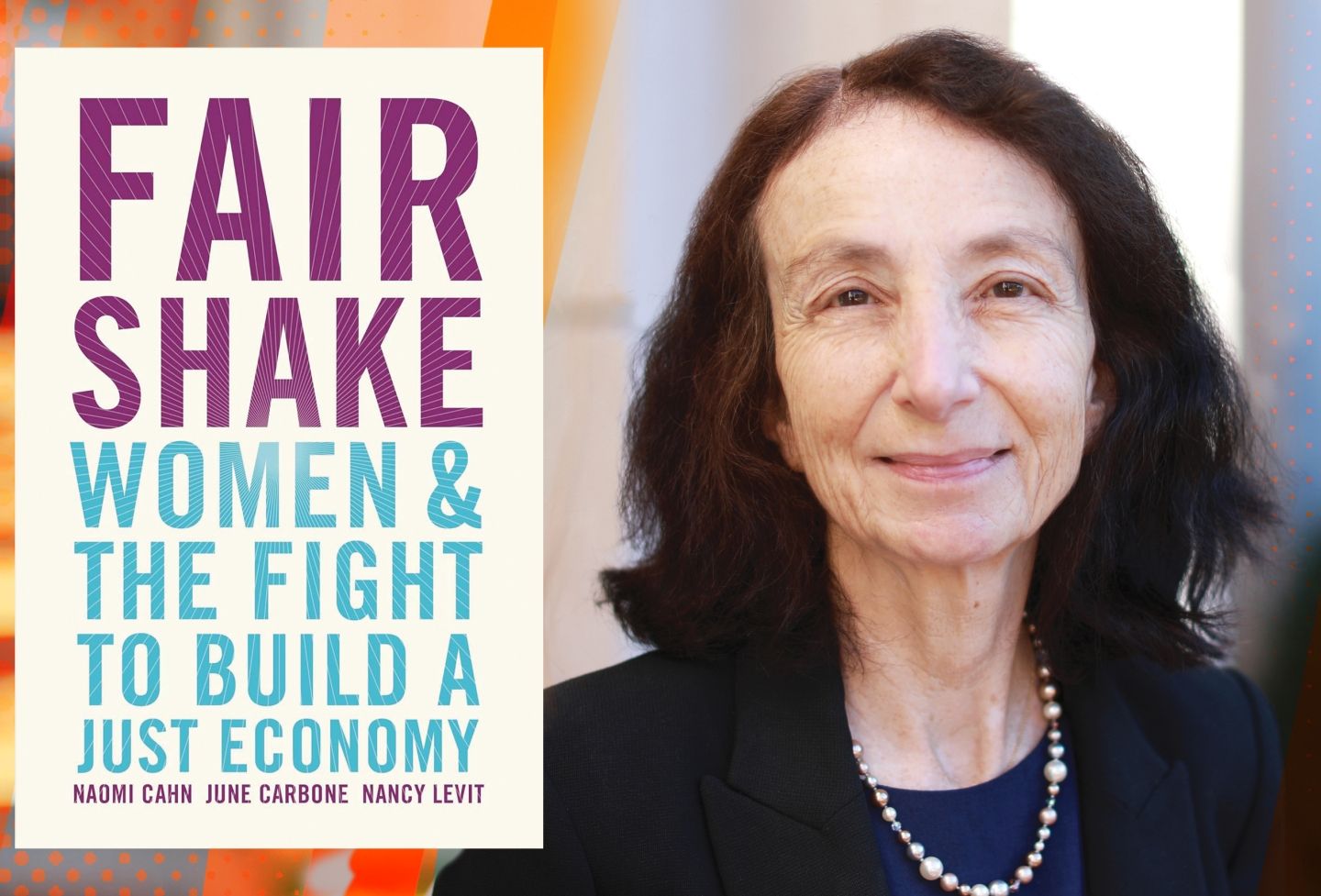The next Supreme Court term could see “bolts of thunder and lightning,” compared to “an uncommonly quiet” term last year due to the lack of a ninth justice, said A. E. Dick Howard, a University of Virginia School of Law professor.
Howard and other UVA Law faculty members will discuss the last term and look ahead to the next at the annual Supreme Court Roundup on Wednesday at 5 p.m. in the Law School’s Caplin Pavilion.
After an overview by Howard, professors Barbara Armacost, Michael Gilbert and Micah Schwartzman will offer commentary.
More than 400 days passed before the vacancy caused by Justice Antonin Scalia’s death in February 2016 was filled by Neil Gorsuch, and the court put off many big issues until the next term, Howard said. (Scalia was a former professor at UVA Law — story.)
“The big news of the 2016-17 term was not the decisions the court handed down, but the remarkable debut of the newest justice, Neil Gorsuch,” Howard said. “He participated in only two weeks of oral argument, but he is already proving that he intends to be an assertive and vocal member of the court. Aligning himself with Justices Thomas and Alito, the court’s most conservative members, Gorsuch made it clear that he seeks to move the court to the right in such controversial areas as church and state, gun rights, same-sex marriage and campaign finance.”
Starting in October, the court will be hearing cases regarding President Donald Trump’s travel ban, partisan gerrymandering, a clash between gay rights and claims of religious liberty, and cell phone privacy.
“Once again, the court will be stage center,” Howard said.
Looking at the last term, Armacost will discuss the court’s decision in Trinity Lutheran Church of Columbia v. Comer, in which the court ruled that a church’s First Amendment rights were violated when the Missouri Department of Natural Resources denied the church a grant to have its playground resurfaced. The benefit had been available to other non-religious institutions.
Gilbert will discuss partisan gerrymandering, focusing on the Wisconsin case set for argument in the coming term, Gill v. Whitford.
Schwartzman will talk about the travel ban cases, both what was decided this past term and what lies ahead. Opponents of the ban have challenged the president’s order, which froze new visas from six Muslim-majority countries, arguing that the order violates the Constitution because it intended to discriminate against Muslim travelers, and that the order exceeds the president’s power. Schwartzman has led amicus briefs in the case in the Fourth and Ninth circuits and at the Supreme Court.
Founded in 1819, the University of Virginia School of Law is the second-oldest continuously operating law school in the nation. Consistently ranked among the top law schools, Virginia is a world-renowned training ground for distinguished lawyers and public servants, instilling in them a commitment to leadership, integrity and community service.


